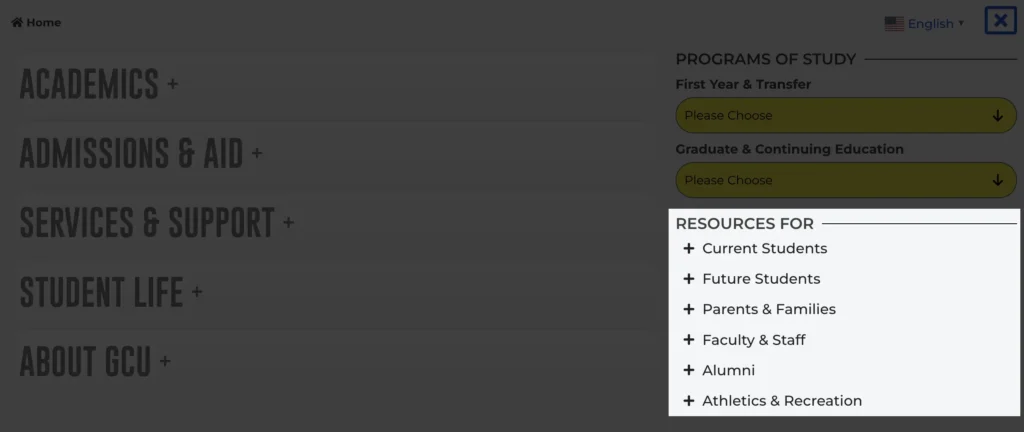Anti-Hazing – Promoting Campus Safety and Accountability

As an institution committed to creating a safe and inclusive campus community, Georgian Court University is dedicated to preventing hazing and promoting campus safety and accountability. Hazing is a harmful and dangerous practice that has no place on our campus, and we are actively working to raise awareness, educate our community, and prevent hazing incidents from occurring.
Hazing is defined as any activity, whether physical, mental, or emotional, that is forced upon individuals seeking to join a group or organization, and is not in line with our core values of justice, respect, integrity, service, and compassion that Georgian Court University upholds. Hazing can have serious physical, emotional, and psychological consequences, and it is our responsibility as a university to take action to prevent it.
One key legislative measure that has had a significant impact on anti-hazing efforts nationwide is Timothy J. Piazza’s Law. This law is named after Timothy J. Piazza, a 19-year-old student who tragically died as a result of hazing at another university in February 2017. Timothy J. Piazza’s Law established stricter penalties for hazing, expanded the definition of hazing to encompass a wider range of behaviors, mandated reporting requirements for incidents of hazing, and required educational programs on hazing prevention.
At Georgian Court University, we are committed to upholding the principles and requirements of Timothy J. Piazza’s Law, as well as implementing additional measures to prevent hazing on our campus. We have a zero-tolerance policy towards hazing, and any incidents or suspected incidents of hazing are thoroughly investigated and addressed.
As an institution committed to accountability, we take swift and appropriate action in response to any incidents of hazing. This may include disciplinary action, educational sanctions, and other measures aimed at preventing future incidents and holding individuals and groups accountable for their actions.
In conclusion, Georgian Court University is dedicated to promoting campus safety and accountability through our anti-hazing efforts. We adhere to the principles of Timothy J. Piazza’s Law and are committed to preventing hazing, raising awareness, educating our community, and taking action against hazing in all its forms. We encourage all members of our campus community to join us in our efforts to create a safe and inclusive campus environment where all students can thrive, free from the harm of hazing.
Hazing Reporting
FOR EMERGENCIES OR MATTERS THAT NEED IMMEDIATE ATTENTION, CALL THE CAMPUS SAFETY OFFICE AT 732-987-2611
Hazing incidents can be reported by using the form below, or to any Campus Security Authority (CSA). A CSA is described as:
Officials having significant responsibility for student and campus activities, including but not limited to, student housing, student discipline and campus judicial proceedings. Examples: Athletic Directors, Athletic Coaches, Faculty advisors to student organizations, Resident Assistants, Coordinators of Greek Affairs.
At Georgian Court University, we take reports of hazing seriously. We intervene, investigate, and provide support to those affected. While anonymous reports are accepted, providing contact information, even if it remains anonymous, helps us gather crucial information. We are committed to a safe and inclusive campus environment.
* There have been no reports of hazing submitted within the last 5 years.

